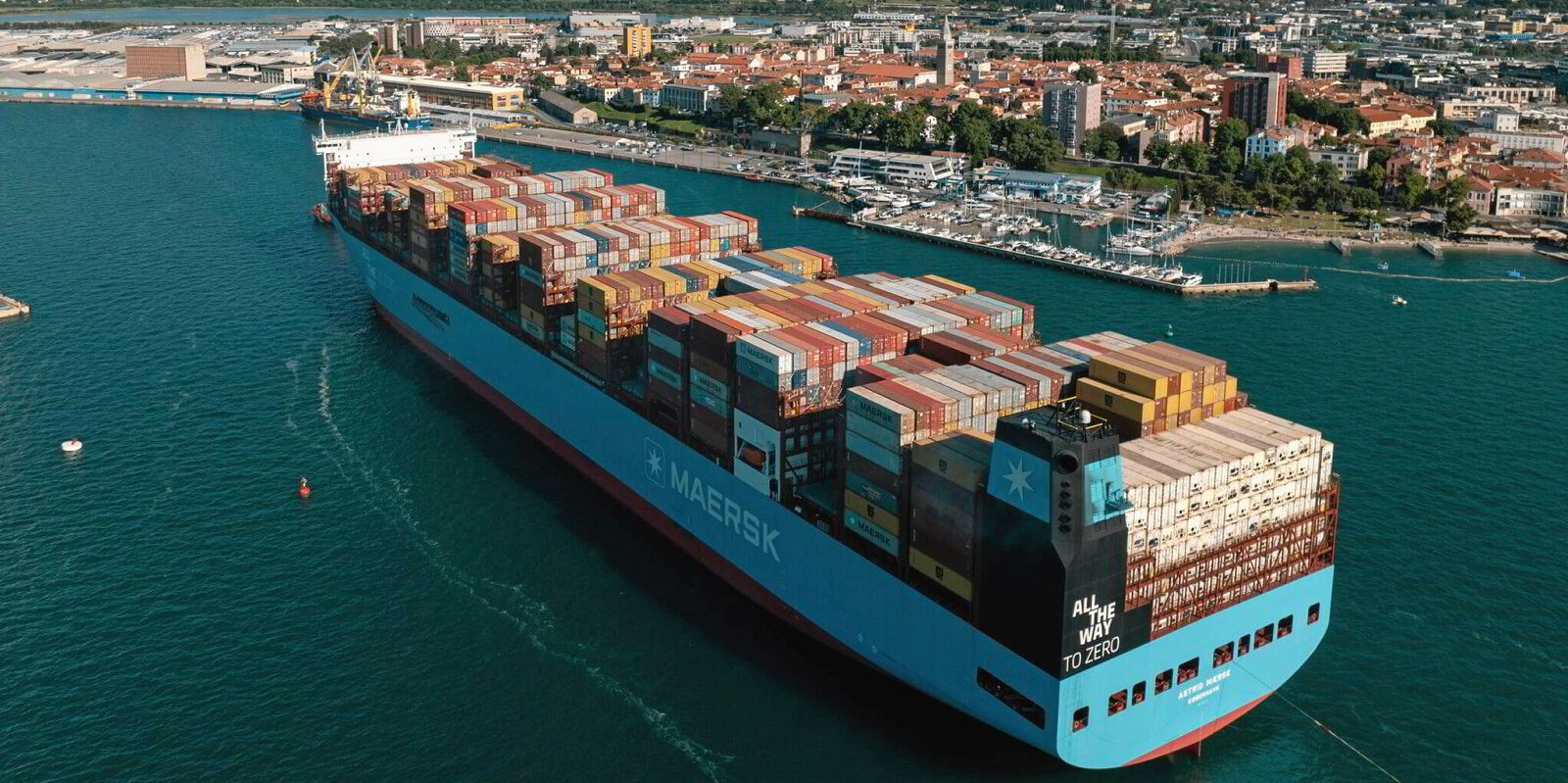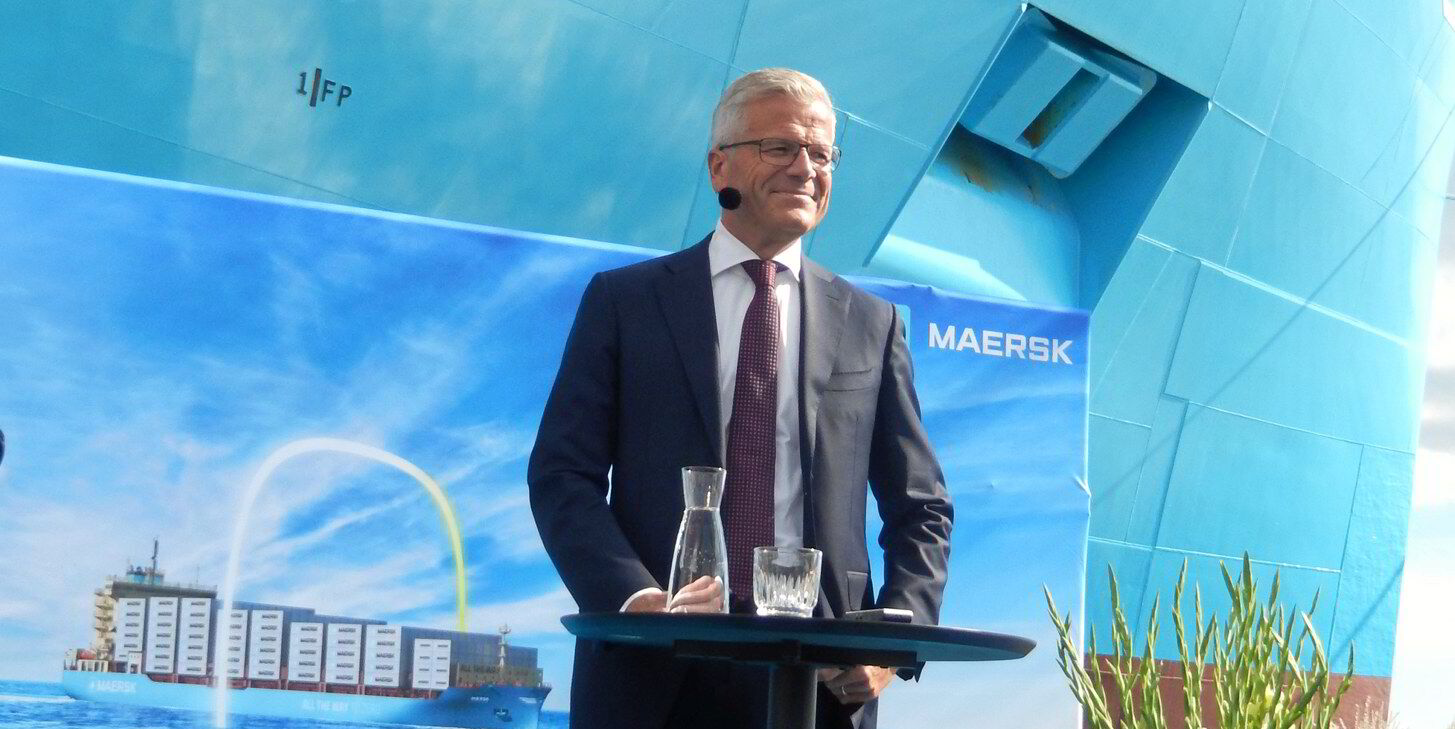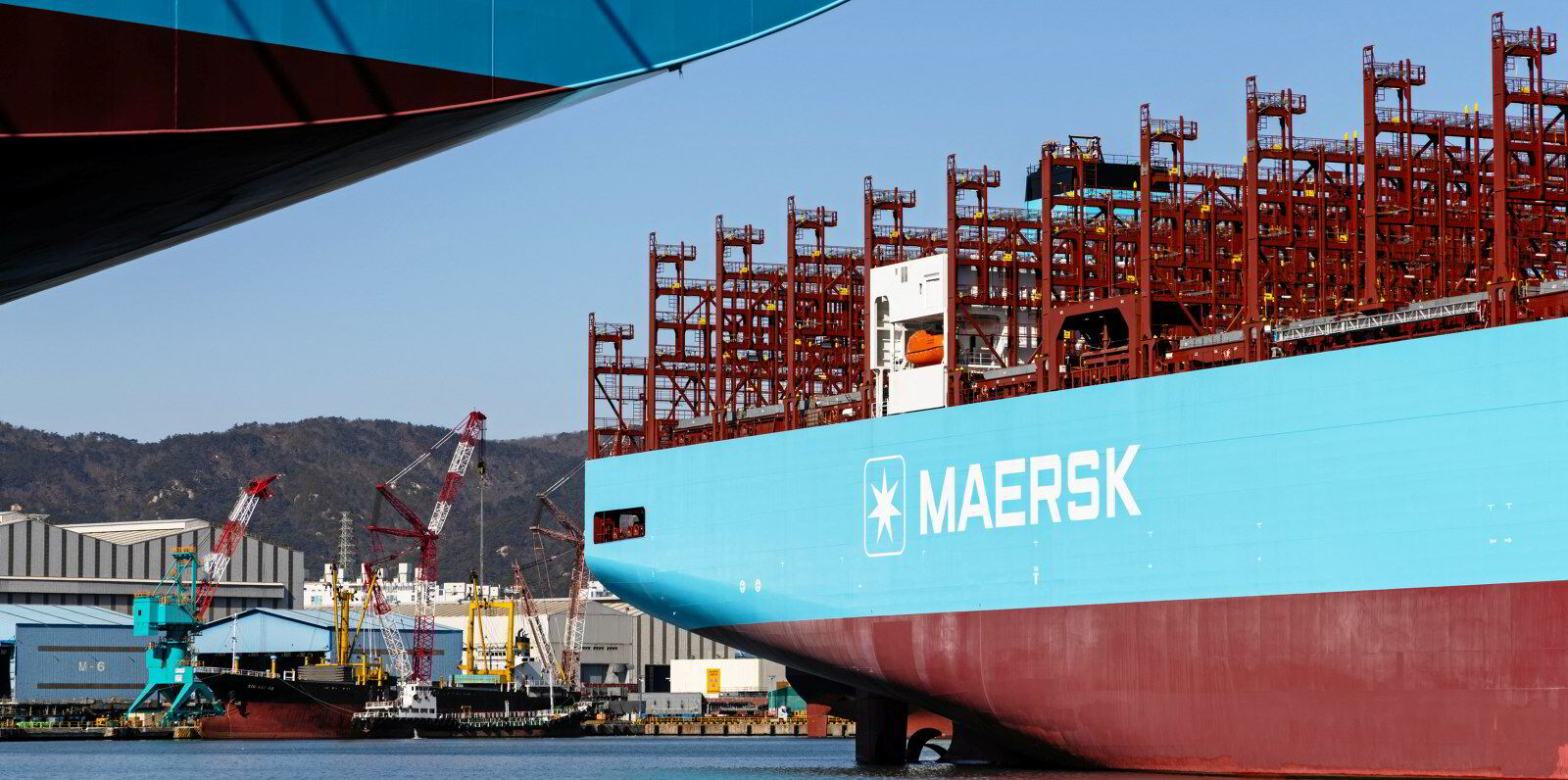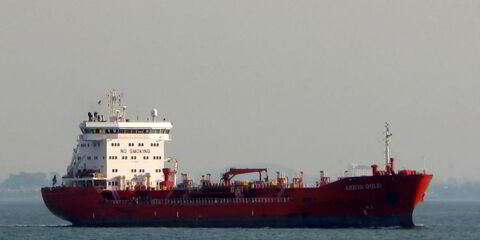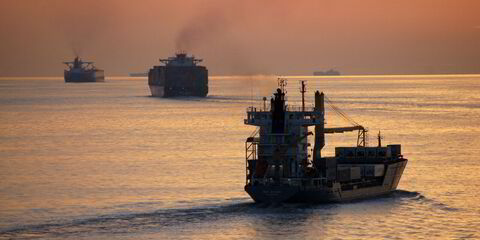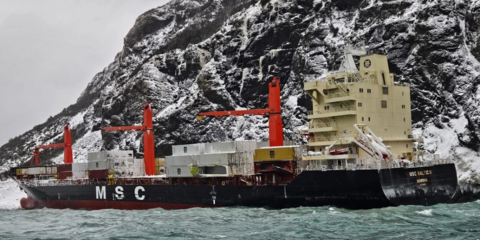The annual peak season for container shipping is likely to arrive earlier this year.
That is the view of AP Moller-Maersk in a new update for the European market.
“In Europe, recent observations suggest that the traditional peak season will be a lot sooner than seen in previous years due to a number of possible factors,” the report said.
“We’ve seen that businesses have been strategically getting cargo to European shores earlier in attempts to avoid any potential future disruption, while consumer spending increases have contributed to increased demand,” Maersk explained.
As geopolitics have affected trade in recent years, companies want to make sure that goods will be delivered on time to customers.
“And as widespread disruption in key trade lanes has had an impact on ocean freight rates and capacities, companies have looked to secure space early to ensure the necessary inventory levels at target markets,” the Danish liner said.
“This will have a knock-on effect on the likes of cargo storage in Europe, and we encourage customers to reach out to their local Maersk representative to discuss options.”
As summer holidays continue around Europe, many of the hubs and terminals of Maersk are faced with reduced labour availability.
“Our teams continue to see a limited impact on operations and keep monitoring the situation and remain in contact with terminal authorities across the continent,” the company said.
In Rotterdam, the overall operations in Maasvlakte II are showing a stable performance.
However, due to weather disruptions around the Cape of Good Hope, Maersk sees some delays on westbound vessels arriving in Europe.
“To mitigate further disruptions to services and other vessels in the line-up, our teams are focusing on safeguarding the reliability of services and eliminating the ripple effects of these delays on services out of Europe,” Maersk said.
“At the terminal yard, density remains high and customers are urgently asked to help clear them at the earliest.”
For Hutchinson Port Delta II in Rotterdam, the summer labour shortage, along with concentrated vessel delays from the Cape of Good Hope, is incurring around a 24-hour waiting time, and the full recovery is anticipated as of week 35.(Copyright)
